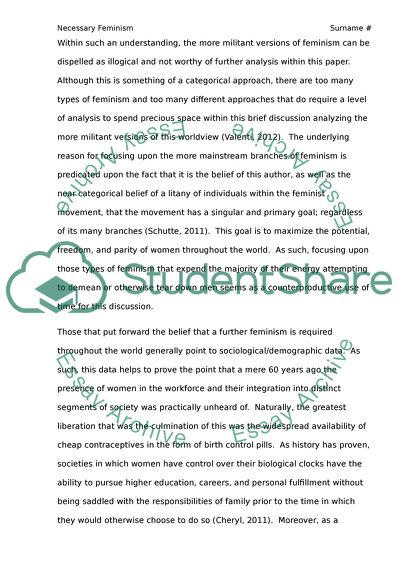Cite this document
(How far do you agree with the statement Feminism isn't needed any more Essay, n.d.)
How far do you agree with the statement Feminism isn't needed any more Essay. https://studentshare.org/sociology/1814987-how-far-do-you-agree-with-the-statement-feminism-isnt-needed-any-more
How far do you agree with the statement Feminism isn't needed any more Essay. https://studentshare.org/sociology/1814987-how-far-do-you-agree-with-the-statement-feminism-isnt-needed-any-more
(How Far Do You Agree With the Statement Feminism isn'T Needed Any More Essay)
How Far Do You Agree With the Statement Feminism isn'T Needed Any More Essay. https://studentshare.org/sociology/1814987-how-far-do-you-agree-with-the-statement-feminism-isnt-needed-any-more.
How Far Do You Agree With the Statement Feminism isn'T Needed Any More Essay. https://studentshare.org/sociology/1814987-how-far-do-you-agree-with-the-statement-feminism-isnt-needed-any-more.
“How Far Do You Agree With the Statement Feminism isn'T Needed Any More Essay”. https://studentshare.org/sociology/1814987-how-far-do-you-agree-with-the-statement-feminism-isnt-needed-any-more.


